Trump Authorizes CIA Covert Operations in Venezuela Amid Drug and Migration Concerns
- by Editor
- Oct 16, 2025
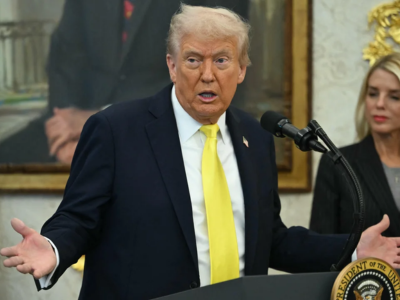
Credit:
President Donald Trump confirmed Wednesday that he has authorized the CIA to conduct covert operations inside Venezuela, citing escalating concerns over drug trafficking and what he described as the deliberate release of prisoners and psychiatric patients into the United States by the Maduro regime.
The announcement, made during a White House press exchange, marks a significant escalation in U.S. pressure on Venezuelan President Nicolás Maduro. Trump accused Caracas of facilitating mass migration by “emptying their prisons” and “allowing thousands and thousands” of inmates and individuals from mental institutions to cross the southern border—though he did not provide specific evidence to support the claims. He also pointed to the flow of fentanyl, which U.S. officials increasingly link to Venezuelan cartels, including the Tren de Aragua network.
The New York Times first reported the CIA directive earlier this week. In response, Venezuela’s foreign ministry condemned Trump’s remarks as “warmongering and extravagant,” accusing Washington of pursuing regime change through destabilization. Hours later, Maduro ordered nationwide military drills in urban shantytowns, signaling a direct response to the U.S. moves.
Trump’s order builds on recent U.S. military activity in the Caribbean. On Tuesday, American forces struck a fifth suspected drug vessel off Venezuela’s coast, killing six individuals and bringing the total fatalities from such operations to 27. The president has deployed eight warships, a nuclear-powered submarine, and fighter jets to the region, reinforcing a force of approximately 10,000 U.S. troops stationed on ships and in Puerto Rico. He described the targets as “loaded up with drugs,” asserting that traffickers are “fair game” under a policy treating them as unlawful combatants.
The actions have drawn bipartisan concern in Congress, with lawmakers questioning the lack of legislative oversight and the limited evidence presented regarding the vessels’ cargo and crew. Some have called for greater transparency, especially after Trump referenced “fentanyl dust” found following the strikes.
Meanwhile, the Justice Department has increased its bounty on Maduro to $50 million, citing his alleged ties to Tren de Aragua and efforts to destabilize the region.
The White House maintains that the operations are essential to combat the fentanyl crisis—linked to over 100 American deaths daily, according to CDC data—and to stem irregular migration. Venezuela reportedly accounts for a quarter of U.S. southern border encounters this fiscal year, per Customs and Border Protection figures.
Maduro’s international allies, including Russia and China, have condemned the U.S. actions as imperial overreach. Human rights organizations such as Amnesty International have also raised alarms over potential civilian harm, particularly in the context of Venezuela’s urban military drills.
As tensions mount, Trump’s Venezuela strategy—part of a broader pivot in Latin America—faces scrutiny from lawmakers and global observers, with oversight hearings expected and calls for restraint growing louder.


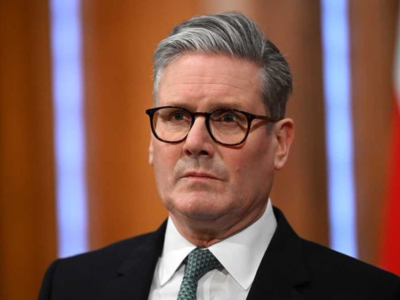
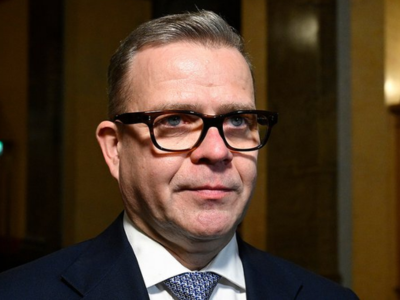


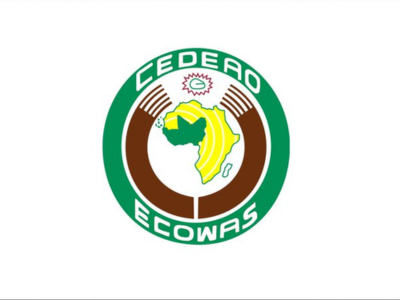
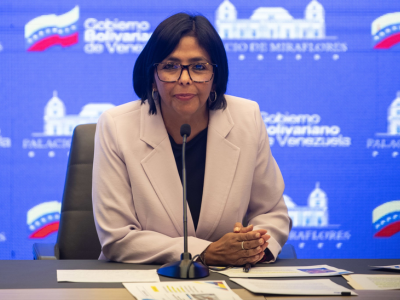
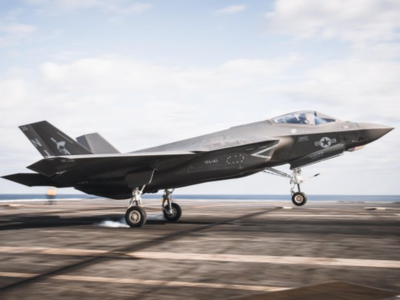
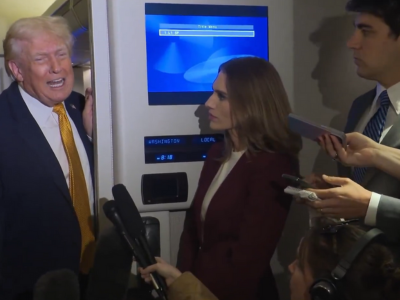
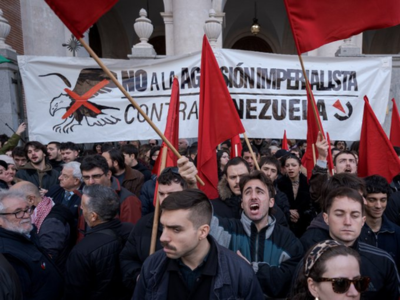


0 Comment(s)